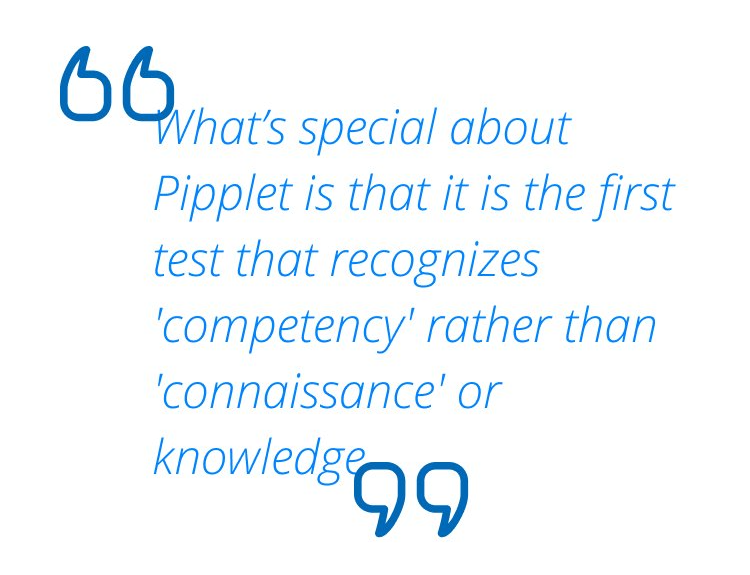Pipplet’s Language Examiners are an important part of our business operations. Making sure we are selecting the best possible examiners to not only evaluate our tests but also to represent the brand, is essential.
Isobel is one of our Pipplet Language Examiners and has been teaching languages for over 45 years. Her passion for teaching languages had begun while she had been a teacher in England, prohibited from teaching in the French system at the time. As a response, Isobel obtained a CELTA, a special qualification that is The Certificate in Teaching English to Speakers of Other Languages. According to the British Council, candidates who earn a CELTA, “...can begin working in a variety of English for Speakers of Other Languages (ESOL, TESOL) - also known as Teaching English as a Foreign Language (TEFL) - contexts around the world.” This helped launch Isobel’s professional career in linguistics, leading her down a path to ultimately join our examiner network.











